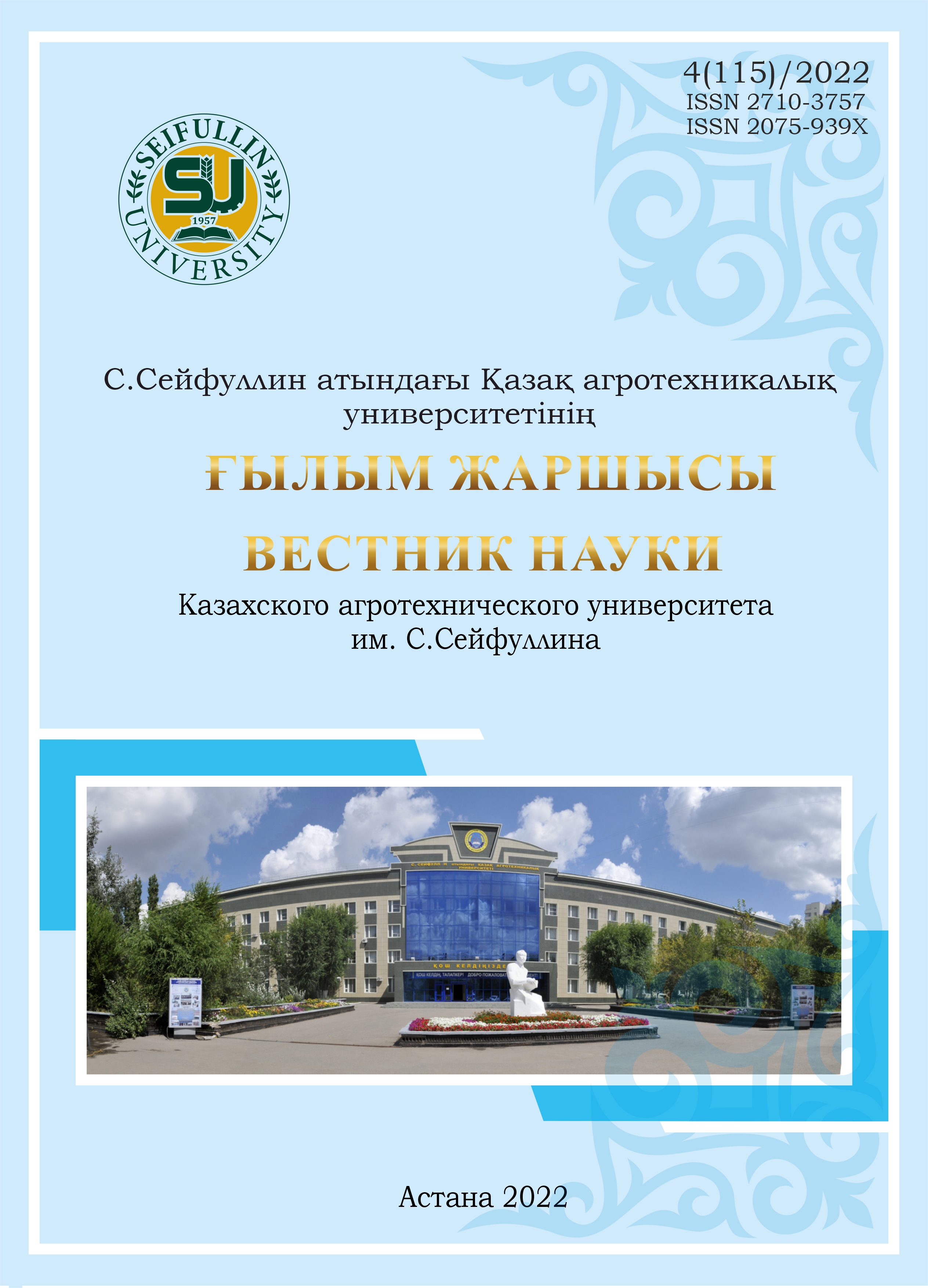APPLICATION OF GLONASS/GPS TECHNOLOGIES FOR THE STUDY OF MOBILE PROCESSES IN THE PRODUCTION OF FIELD MECHANIZED WORK
GLONASS/GPS; GeoTracker; mobile unit; performance; time; speed of movement; timing.
DOI:
https://doi.org/10.51452/kazatu.2022.4.1270Keywords:
GLONASS/GPS; GeoTracker; mobile unit; performance; time; speed of movement; timing.Abstract
The article is devoted to the practical implementation of modern information and digital technologies in real production processes. In particular, the practical applicability of individual elements of the global positioning system for making organizational and technical decisions in the field of machine use in the production of field mechanized work is shown. The main idea is that at the present stage of the development of industrial relations, the digital transformation of real production processes
can and should follow the path of an evolutionary transition, through the phased introduction of elements of the software and hardware complex of information and digital technologies. The article describes the experience of using GLONASS/GPS technologies through an accessible application, when conducting applied studies of the operational properties of a machine-tractor unit based on the timing of spatially-temporal parameters of its movement. It is established that the timing of the operation of mobile units with the help of a software and hardware complex of global positioning significantly increases the efficiency of the analysis of machine use processes due to the efficiency and accuracy of obtaining primary data. The results can be used to establish time-consuming standards, substantiate rational work and return regimes, identify the reasons for non-compliance with shift norms, etc.

